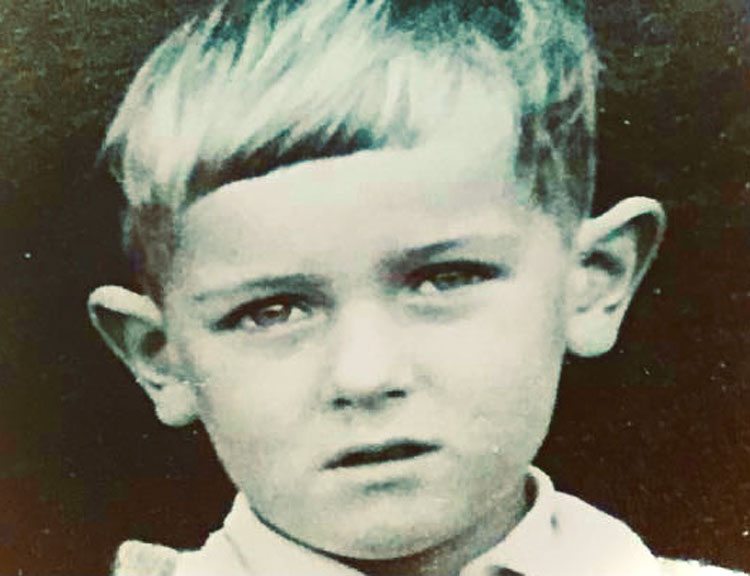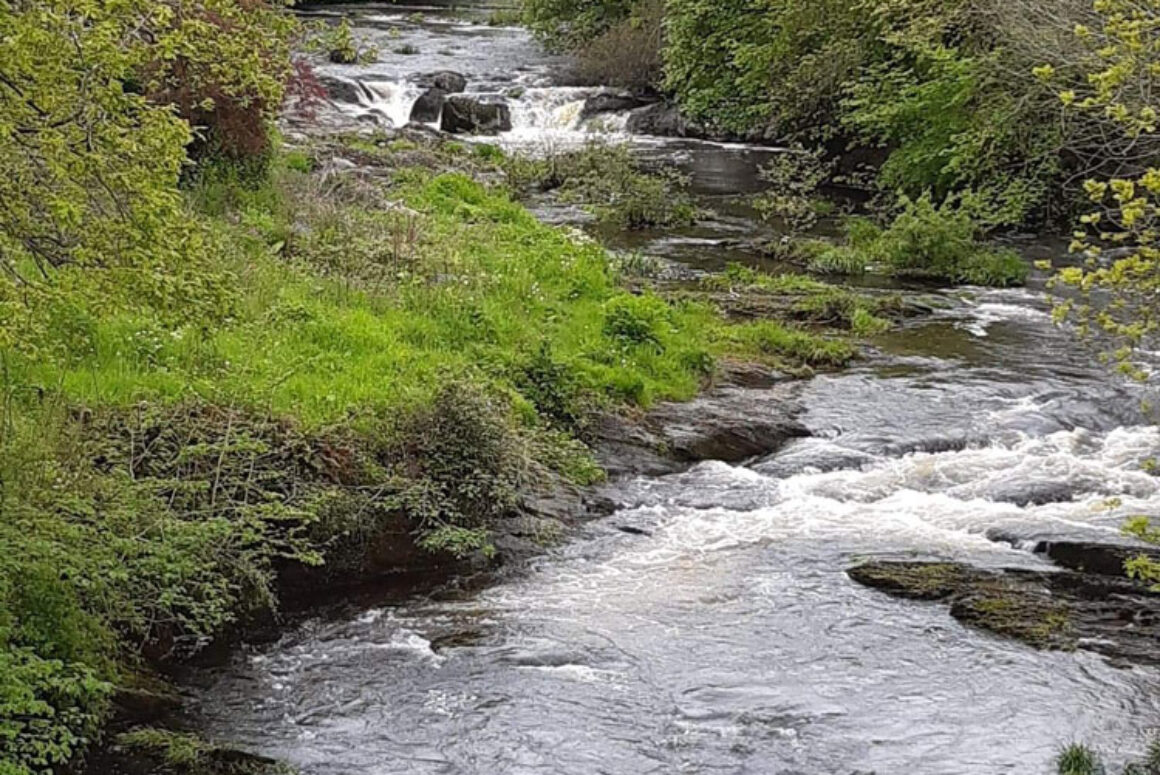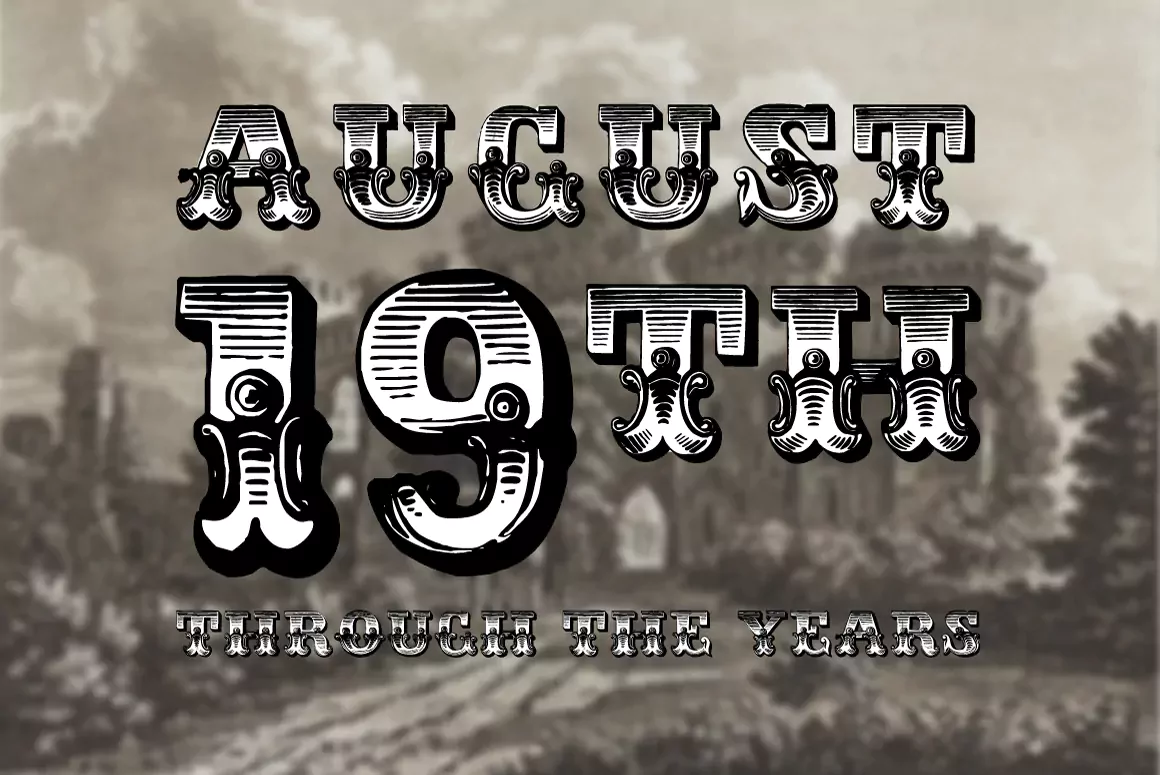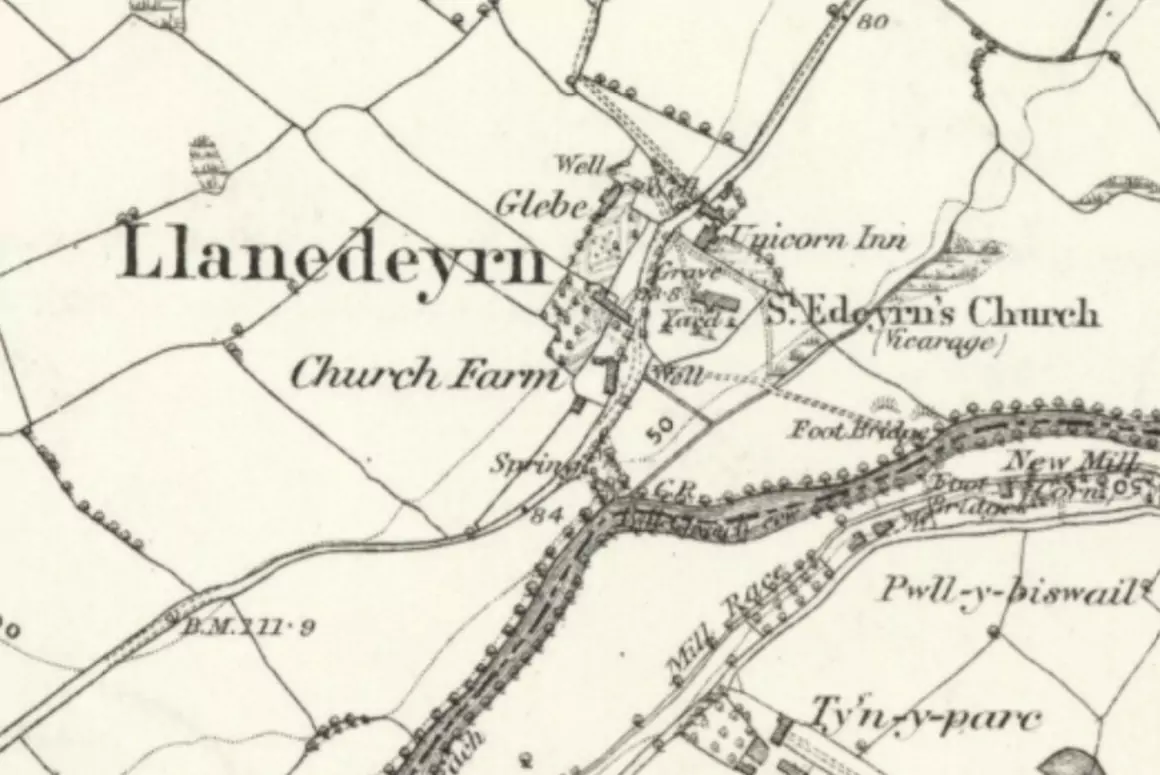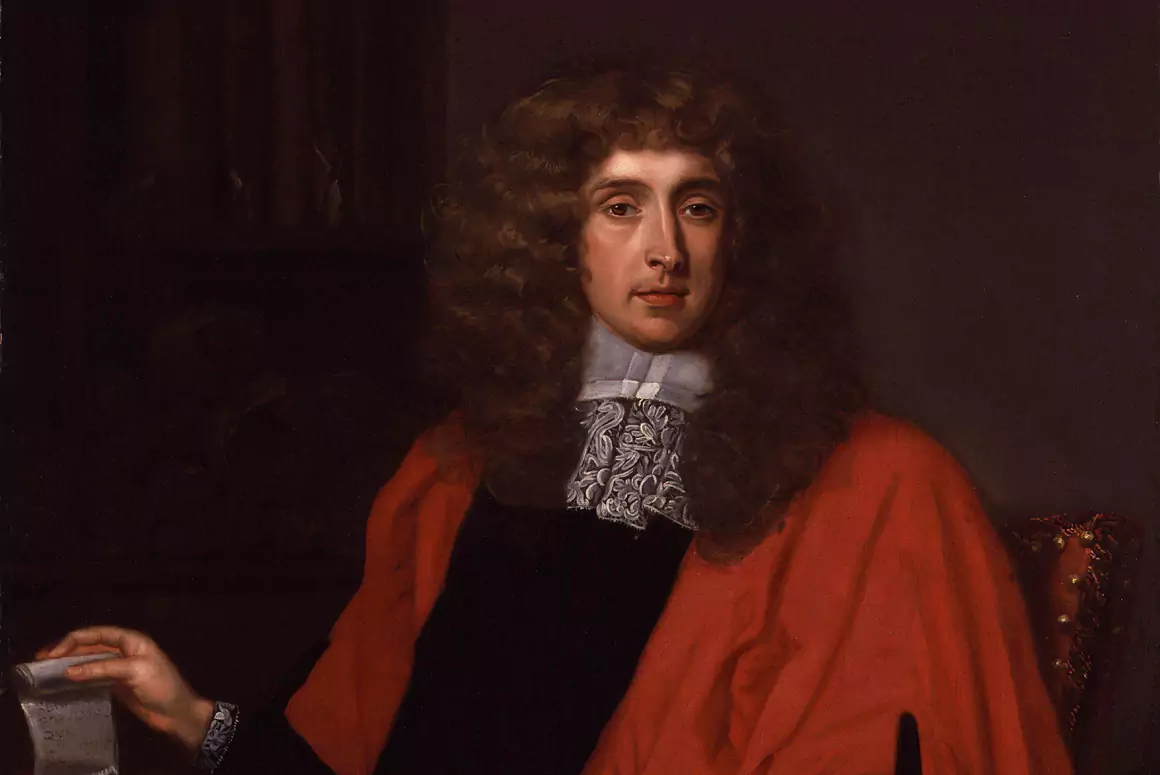![]()
There is a river valley in Montgomeryshire. It is like a finger of Englishness poking into the heart of Welsh-speaking Wales. The River Rhiw is 8 miles long and flows east, close to the villages of New Mills, Manafon, and Pantyffridd before joining the Severn at Berriew.
It was to the parish of Manafon that the poet R S Thomas was sent as vicar in 1942. The church stands, built from native river stone/Brittle with light. A major poet of the late twentieth century, in 1996 Thomas was nominated for the Nobel Prize for Literature and also won the prestigious Lannan Prize.
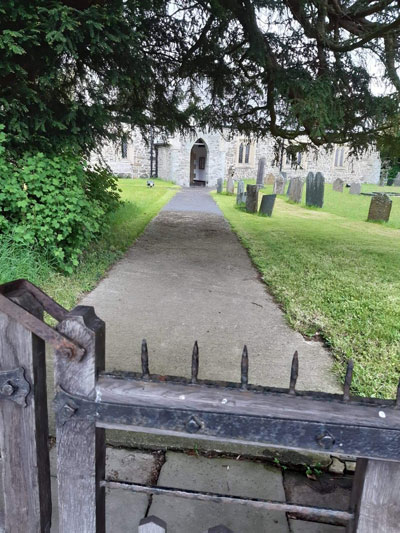
Thomas stayed in Manafon until 1954, during which time he published three volumes of poetry. His most famous poem from this time is ‘A Peasant’. The reader is introduced to Iago Prytherch: “Just an ordinary man of the bare Welsh hills/who pens a few sheep in a gap of cloud.” Iago has “a half-witted grin of satisfaction”, and “There is something frightening in the vacancy of his mind.” We never actually hear Iago speak. My Aunty Marion lived in the Rhiw Valley. I remember a weekend in 1954 when I stayed with her at her home called Rhiwcot. On the Sunday she took me to church in Pantyffridd. ‘It’s an an important day, Keith; it’s Mr Thomas’s last service.’ Thomas, wild hair and gaunt face, had a forbidding presence, and from the pulpit, to my young mind, he spoke with the voice of God.
The following day I remember leaning over the garden wall at Rhiwcot to look up the road to the farm a couple of hundred yards away. What I saw prompted me to rush inside. ‘Aunty Marion. Aunty Marion. Mr Whittingham is coming! Mr Whittingham is coming!’ The mobile grocer went up and down the valley every Monday. ‘I can see his van is parked at Dolargau.’ My aunt smiled knowingly. ‘He’ll be a few minutes yet. He always has a cup of tea there with Glyn and Mary.’
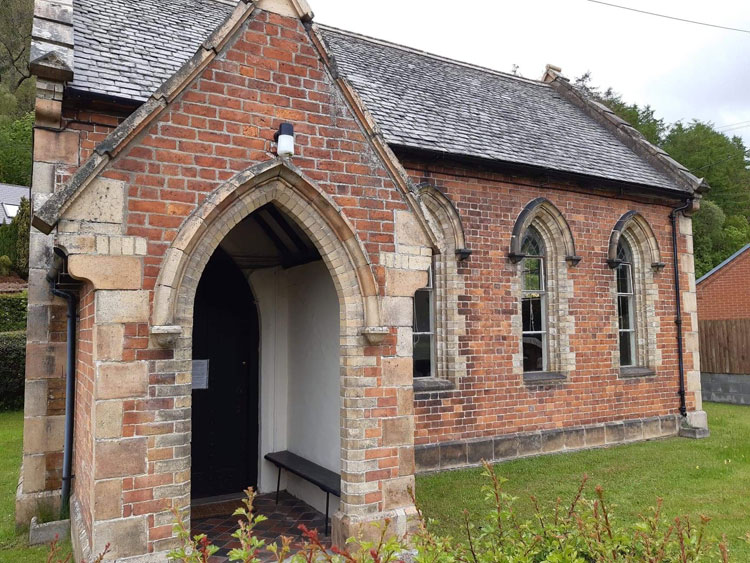
Mr Whittingham came into the kitchen ten minutes later, a whiff of cologne preceding him. A corpulent man in a brown grocer’s apron, his florid face was offset by a trilby hat worn at a jaunty angle. He put down a wooden box, a cauliflower and a bunch of carrots poking out of the top, jangled the coins in a leather satchel hanging from his neck, and surveyed my aunt and me with a benign smile. ‘Well! What a beautiful morning.’ He had a light tenor voice, almost singing: ‘The air is like wine. The air is like wine.’ ‘Will you have a cup of tea with us, Bert?’ My aunt was famous for her hospitality. The smile became wider. ‘My throat is parched, Marion, my throat is parched.’ He sat with us for the next few minutes, sipping tea from a flowery bone-china cup, and regaled us with stories of what was was going on in the valley. A forthcoming holiday in Italy was anticipated with relish. I well remember Bert Whittingham with his love of words and mellifluous voice. I never met Iago Prytherch, a “prototype” according to RST, but I bet Bert was an improvement on him.
